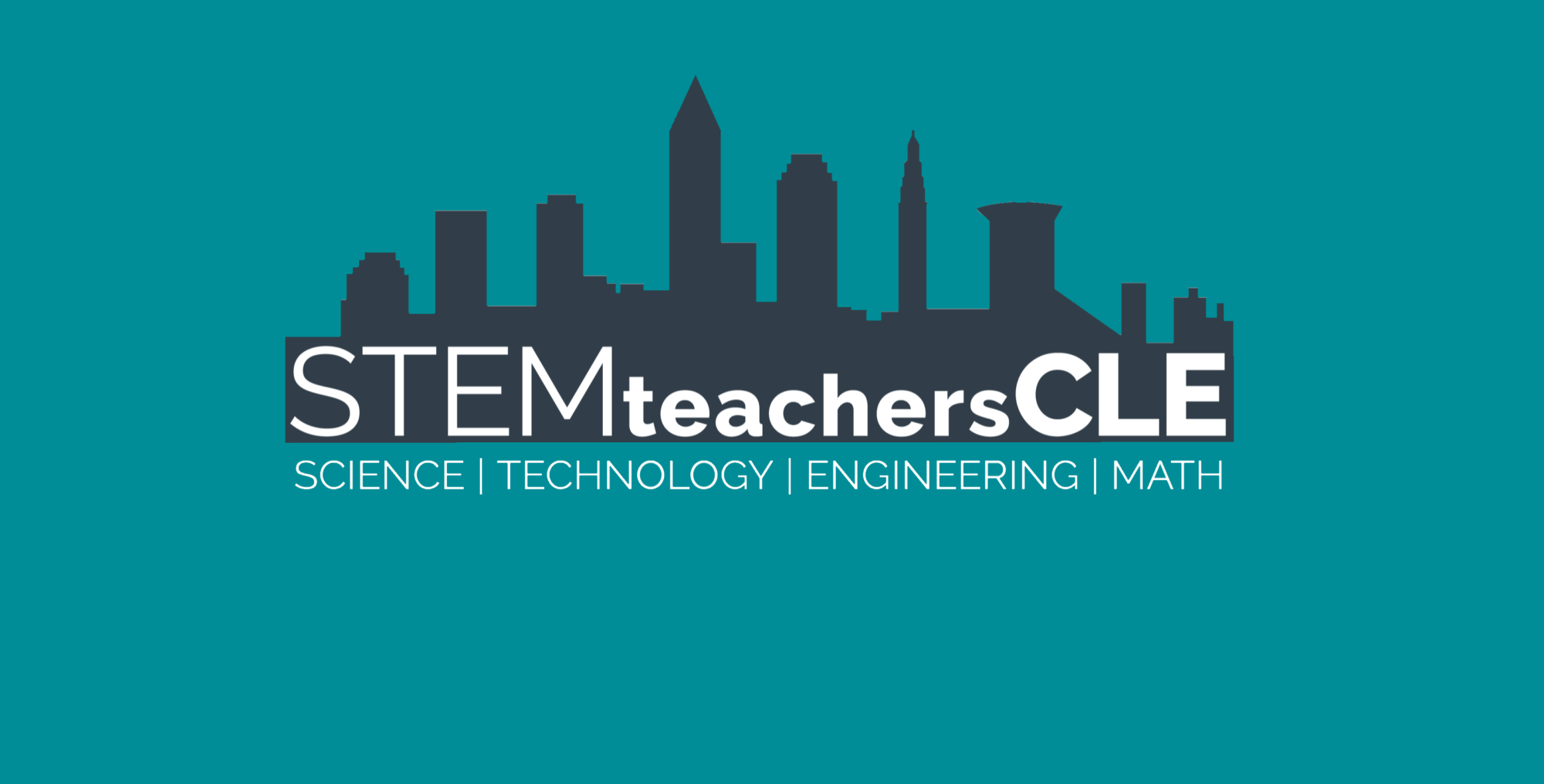Looking for our Summer 2019 Modeling Workshops instead?
Tickets are $5 for our inaugural year! RSVP/Buy tickets now!
April 27th 2019 Sessions (St. Edward’s)
Simulations in Biology — Buy Tickets/RSVP!
Christopher Resch (STEMteachersNYC)
A special collaboration effort between STEMteachersCLE and STEMteachersNYC!
What do you get when you combine Socratic Dialogue with the Claims, Evidence, Reasoning Framework (CER), and free interactive simulations? Student Engagement! Simulations are a fantastic way to generate large amounts of data in a short period of time. This allows for more time to be devoted to the important Socratic conversations that are critical for the construction of meaning around the data generated to develop the CER of an experiment. Biological models are built on claims. Therefore, students’ articulation of CER is vital to developing a deeper and clearer understanding.
Based on the successful biology professional development series hosted by STEMTeachersNYC at Columbia University, the workshop will be centered on utilizing this trifecta of tools to heighten the discourse and understanding of biological models. For three hours workshop participants can expect to play the student while replicating and unpacking one of Thomas Hunt Morgan’s famous fruit fly experiments using a free web-based simulation. After the completion of this “lesson” teachers will then have an opportunity to unpack the experience and discuss how it fits into the larger historical narrative of biology. Time permitting, we will experiment with Hardy-Weinberg equilibrium using the free simulation platform Netlogo.
Standards Based Grading in Physical Sciences— Buy Tickets/RSVP!
In standards-based grading, the grade is determined from how students perform on predetermined learning targets instead of the average of the points. This method changes the conversation about learning and working in a classroom. Jeremy and Taylor will describe their experiences and talk about the challenges and common pitfalls. Bring a unit assessment to the workshop; you’ll have time to think through what standards you’d want for that unit and how you’d assess your students using standards-based grading.
Jeremy Secaur (Elyria High School) & Taylor Kaar (Laurel School)
May 2019 Sessions
Moles, moles, moles with Children’s Toys — Buy Tickets/RSVP!
Jessie Sun! (Laurel School)
Moles are elusive for many students. Using rote memorization and blind acceptance, students often have a hard time applying the use of moles or even understanding what is the point of the unit. The two main activities showcase a hands-on approach of teaching and understanding moles, molar, and stoichiometry through Play-Doh & Kool-Aid. Participants will get to play with Crafting Dough and even drink the Flavored Drink!
Card Sort — Buy Tickets/RSVP!
Michael Lerner (Beachwood High School)
A Card Sort often starts with a stack of cards and a short prompt: put these cards into groups. It looks simple. In some ways, it is. Students dive into a card sort almost immediately. But what do students learn from card sorts? How can you structure card sorts to guide students to think deeply about the concepts at hand? How can you build a flexible and strong conception of science? We will talk through these pedagogical issues along with the practical issues about best to photocopy, make, and store card sorts. You’ll also have time to develop your own card sort to use next week or next year in your own classes.

